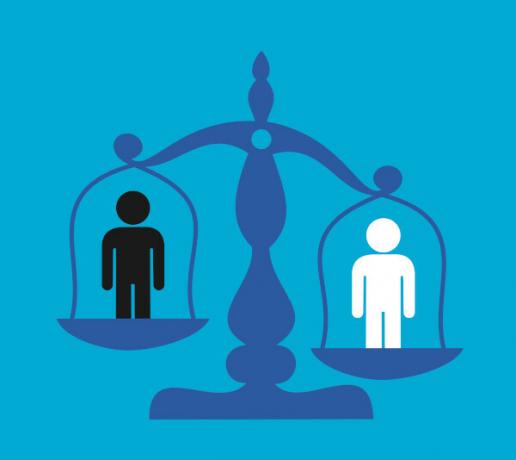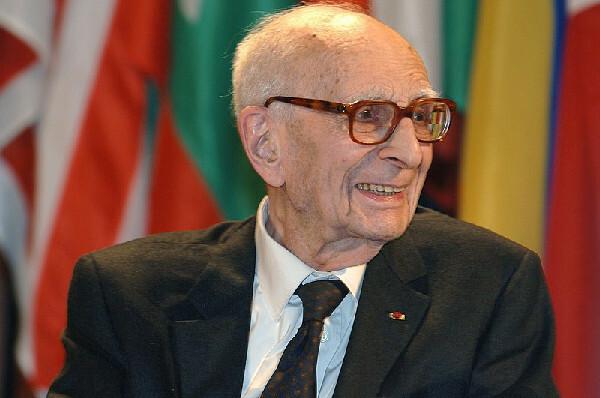Etiquette deals with rules and norms that establish socially accepted behavior on different occasions, based on dealing with formalities in ceremonial moments or in common coexistence.
The practice of etiquette has its origins in the 16th century, in a European context in which the court society was at its peak, mainly in France, Germany, Italy and England. The history of etiquette is related to the civilizing process to which it refers Nobert Elias in his book entitled “the civilizing process”, in which Elias traces a historical line of the different processes that took place throughout European history in that the idea of civility or the search for the civilized subject and the distancing from what was considered as barbarism. In his book, Elias attributes the Erasmus of Rotterdam the authorship of the meaning of the idea of civility, which was first addressed in the book "of civility in children”, which addressed the modes of behavior to be passed in early childhood education.
It is in the historical context of the Renaissance that Eramos de Rotterdam writes his teaching manual on manners. Humanist values were linked to the high court and those who had the means to be better educated. Eramos' teachings quickly spread among members of the European courts who were dedicated to differentiating their own behavior from that of the plebs. Etiquette became an indicator of social status attributed to the nobility and the court.
Do not stop now... There's more after the advertising ;)
In this sense, etiquette and the search for the ideal of civility are characteristics of the changes that European society was going through, from the Middle Ages to modernity. The search for civility, or the civilizing process, is seen by Norbert Elias as a breaking point between two distinct social moments. It is, however, important to emphasize that Elias does so without attributing value judgments to the idea of “civility” as a superior form of education. He treats it analytically, seeing the civilizing process as a symptomatic feature of a moment of social change. As an example, Elias makes us think about how we would feel if we were suddenly transported to the period from the Middle Ages, in which many of the customs, which originate from this period of exaltation to civility, that we have today do not existed.
Etiquette is still seen socially today as a sign of good education and carries a load of social status, which is attributed both to the one who does not have it and to the one who has it.
by Lucas Oliveira
Graduated in Sociology
Would you like to reference this text in a school or academic work? Look:
RODRIGUES, Lucas de Oliveira. "Tag"; Brazil School. Available in: https://brasilescola.uol.com.br/sociologia/etiqueta.htm. Accessed on June 27, 2021.


